Residency In Ecuador
An Ecuador visa will be issued on arrival for citizens of the United States, Canada, and much of Europe. This tourist visa is typically valid for 90 days. Check the stamp to make sure you know how many days they gave you.
You can extend your 90-day stay one time, for an additional 90 days. But, if you want to stay longer than 180 days as a tourist, you can get a special tourist visa at the consulate. Get this in advance of your trip, because it’s valid for up to one year.
Also, you can apply for such a visa once every five years.
Residency Visas
The Ecuadorian residency process follows two steps. Firstly, you need to hold a temporary resident visa. Once you have this you can apply for a permanent residency visa.
The application for residency needs to be in Ecuador.
You must head to your local immigration office. If you are not fluent in Spanish, bring someone who is. You can no longer apply for residency in your home country.
Documents such as police check certificate, need to be authenticated. Depending on the country of origin, you’ll use either the apostille process or consular legalization.
Any document that is not in Spanish must be translated into Spanish. The translator must certify the translation as correct, and their signature must be verified by a notary.
Importing Household Goods
One big advantage of residency in Ecuador is that you can import your household effects, duty-free. Your attorney will guide you through this process. Don’t attempt to go it alone.
Timing is critical and you must pay strict adherence to the rules. For example, you need to submit a request to the Ministry of Foreign Affairs, and you can only bring up to 200 kgs of your effects duty-free (anything over is taxed).
Permission to import household effects is granted by the customs law, rather than the immigration law.
Temporary Residency (Residencia Temporal)
Those who lived in Ecuador uninterrupted for up to 21 months can apply for a permanent residency visa. The Temporary Resident Visa allows you to stay in Ecuador for up to two years. You may renew this only once.
You used to be unable to be absent from Ecuador no more than a cumulative total of 90 days per year while on this visa, but the rules changed in 2021. On a Temporary Resident Visa, you may now travel out at will.
Ecuador charges a non-refundable, US$50 application fee for each applicant. In addition, a visa fee of US$400 is due on receiving the visa.
Types of Resident Visa
There are 13 types of Temporary Resident Visas; the most commonly used by expats are these:
- Trabajador (workers)
- Rentista (those with income from abroad or from Ecuadorian sources)
- Jubilados (retirees with a pension)
- Investionistas (investors)
- Amparado (for dependents of other visa-holders)
The general requirements for temporary resident visas (regardless of which kind you’re asking for) include:
- Passport: You must have a passport from your home country that won’t expire for at least six months.
- Movimiento Migratorio: This is a record of your movements in and out of Ecuador (movimiento migratorio). It is available from the immigration office.
- Background Check: Ecuador requires a background check from your country of origin. If you have been living outside your home country for more than five years you will need a check from this country.
In addition to the three general requirements above, here are the requirements that are specific to each type of visa…
Trabajador (work visa):
- A document that proves the economic solvency of your employer.
- An employment contract.
- In the case of entrepreneurs, you must show the means to support yourself (and your family) in the near term.
- If you’re working for the government or a public institution, you must also show the authorization from the entity you’ll be working for.
Rentista (those with income from abroad, or from Ecuadorian sources):
- Proof of legal income, sufficient to support you and your family. The law does not specify an amount. (The required amount prior to the new law was US$800 per month.)
- An official document that shows the source of foreign income.
Jubilados (retirees with a pension):
- Proof of legal income, sufficient to support you and your family. The law does not specify an amount. (The required amount prior to the new law was US$800 per month.)
- An official document from the entity that is paying your pension.
Investionistas (Investors):
This visa supports those who invest a significant financial amount into Ecuador– a number which
is subject to change based on inflation and government policies, so be sure to check for the most
updated amount.
- Proof of legal income, sufficient to support you and your family.
- If you are qualifying with a bank deposit or other financial instrument, proof that you have deposited the required amount in an authorized Ecuadorian financial institution. The required investment is 70 times the minimum wage (US$32,200 for 2024).
- If you are qualifying with a property, your property deed. The required investment is 80 times the minimum wage (US$36,800 for 2024).
- If you have invested in an Ecuadorian company, proof of your investment. The required investment is 70 times the minimum wage (US$32,200 for 2024).
- If you started a business, proof of your capital investment. The required investment is 70 times the minimum wage (US$32,200 for 2024).
Ecuador’s minimum wage is US$460 per month for 2024.
Amparados (dependents):
For this visa, a dependent must prove their relationship to the primary visa-holder. The primary visa-holder’s required income must be sufficient to cover any dependents.
Permanent Residency (Residencia Permanente)
To be eligible for permanent residency, most people will need to have been temporary residents… but not everyone. To qualify, you need to meet only one of the following four requirements:
- You can be the holder of a Temporary Resident Visa for at least 21 months;
- Married or have a civil union with an Ecuadorian citizen;
- A disabled person who is dependent on an Ecuadorian citizen or permanent resident;
- Related to an Ecuadorian citizen or permanent resident, by at least the second degree (i.e., you share a grandparent).
To apply for permanent residency in Ecuador, you’ll need to provide:
- Passport: You must have a passport from your home country that won’t expire for at least six months.
- Movimiento Migratorio: You’ll also need a record of your movements in and out of Ecuador (movimiento migratorio). Obtain this from the immigration office.
- Background Check: Ecuador requires a background check. If you’ve been in Ecuador on a temporary visa, you can get this from the local police station in Ecuador. For others, you’ll need a background check from your country of origin, or the country where you have lived for the past five years.
- Income certification: You must show that you have continued means to support yourself and any dependents.
You must make residency visa applications at an immigration office within Ecuador. You can no longer visit a local consulate. There are offices all over the country.
Restrictions
You may not be absent from Ecuador for more than 180 days per year, for each of the first two years. They will forgive one violation of this rule, provided you pay a fine set at four times the Ecuadorian minimum wage. For 2024—at a minimum wage of US$460 per month—the fine would be US$1,840.
After the first two years, you may be absent for up to five years without losing your residency.
Again, all documents which are issued outside of Ecuador must be authenticated by the country of origin.
Depending on the country of origin, you’ll use either the apostille process or consular legalization. Any document that is not in Spanish must be translated into Spanish. The translator must certify the translation as correct, and their signature must be verified by a notary.
Permanent residents must have private health insurance. If not, they must opt in to Ecuador’s social security system (ISSS) within 30 days after granting of their visa.
You will not receive your cédula (national ID card) until you’ve presented evidence of health insurance.
As with the temporary visas, you’ll pay a non-refundable, US$50 application fee for each applicant. In addition, a visa fee is US$400 for holders of temporary visas.
Those who qualified based on marriage, civil union, or parentage will pay US$200. Special deals also exist for citizens of Venezuela and Mercosur countries.
Anyone who has resided in Ecuador for more than five years will have the right to vote, and they may also hold public office.
Citizenship And An Ecuadorian Passport
Ecuador recognizes dual citizenship.
Although permanent residents may vote and run for office, only citizens can import a vehicle duty-free. This counts towards their household effects.
The law allows for importation of cars up to five years old, which are valued at less than 60 times the minimum wage. At US$460 for 2024, the maximum value of the vehicle would be US$27,600.
Above all, Ecuador’s customs laws grant a special exemption for vehicles of the handicapped, of any nationality.
By Naturalization
Ecuador has one of the quickest citizenship programs we know of. You can become a citizen after only two or three years of continued residency.
Citizenship is granted in Ecuador by means of a naturalization letter (Carta de Naturalización). For expats, the naturalization letter is generally granted for two categories:
- Residents who have resided in Ecuador for three years, or
- Married residents or those with a permanent civil relationship with an Ecuadorian citizen. The resident must have resided in Ecuador for two years.
How To Qualify
In order to qualify, you’ll need to be able to recognize Ecuador’s patriotic symbols (flag, seal, etc.) and pass an interview. During the interview you will need to state motives for becoming a citizen.
You will also need to provide proof of income. If you cannot complete the interview speaking Spanish you are almost certain to fail.
You must not have been absent from Ecuador for more than 180 days per year for each of your first three years of permanent residency. (This restriction does not apply if you are qualifying by having an Ecuadorian family member or by marrying an Ecuadorian citizen.) You must also have a clean criminal record.
By Descent
Ecuador recognizes both jus soli and jus sanguinis without limitation. Children born in Ecuador can claim citizenship without exception, as can those born abroad to at least one Ecuadorian parent.
In fact, you can be eligible for citizenship up to the third degree of consanguinity. This means if you’ve got an Ecuadorian grandparent, you are eligible to claim citizenship.







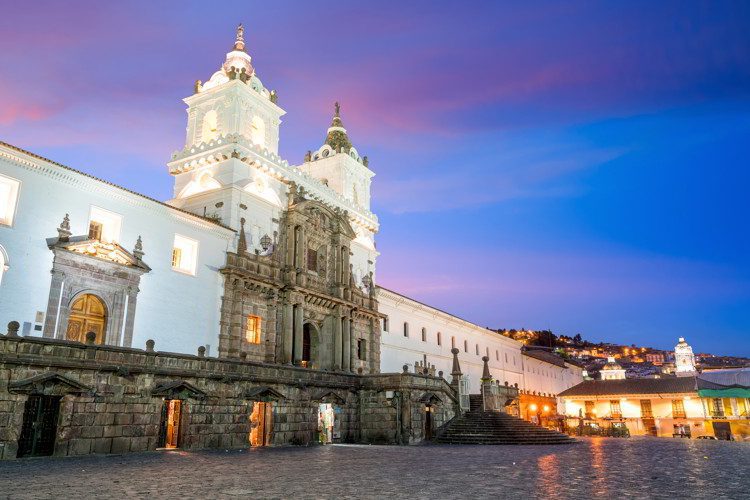

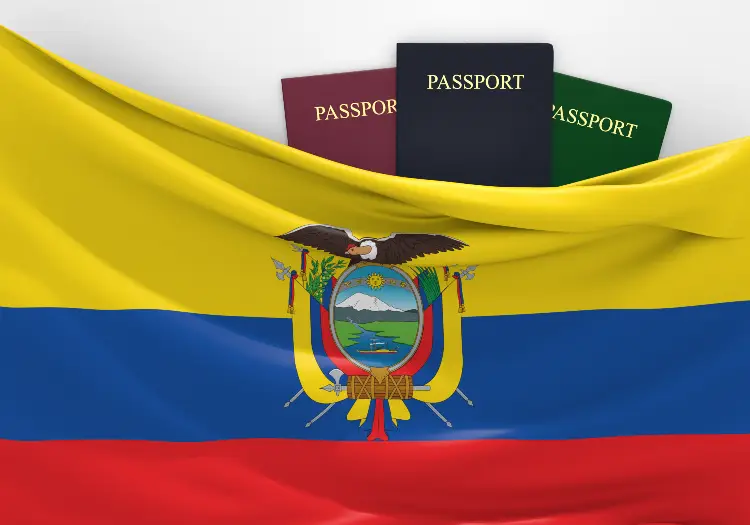
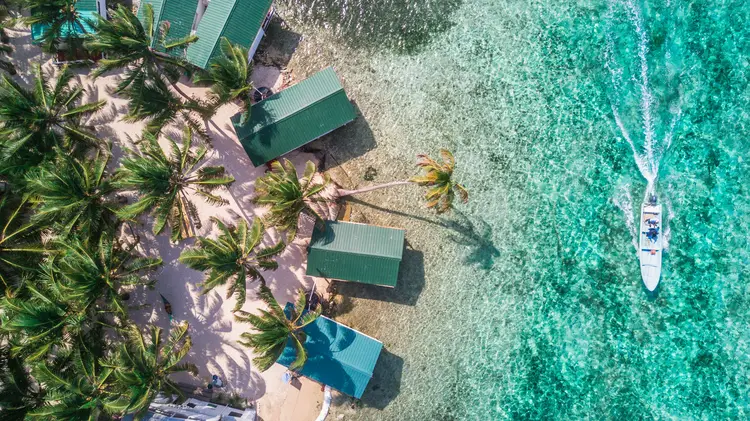 . '
. '
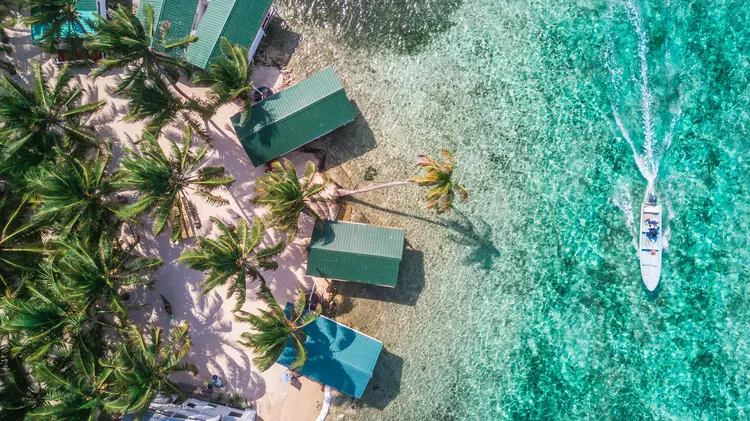 . '
. '
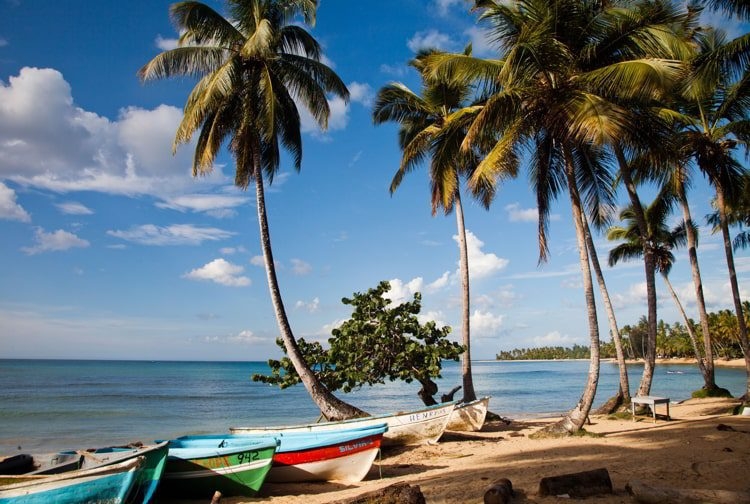 . '
. '
 . '
. '
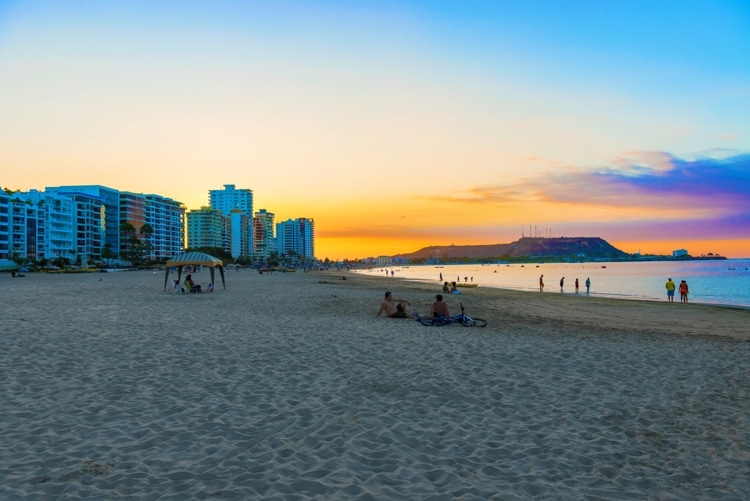 . '
. '








